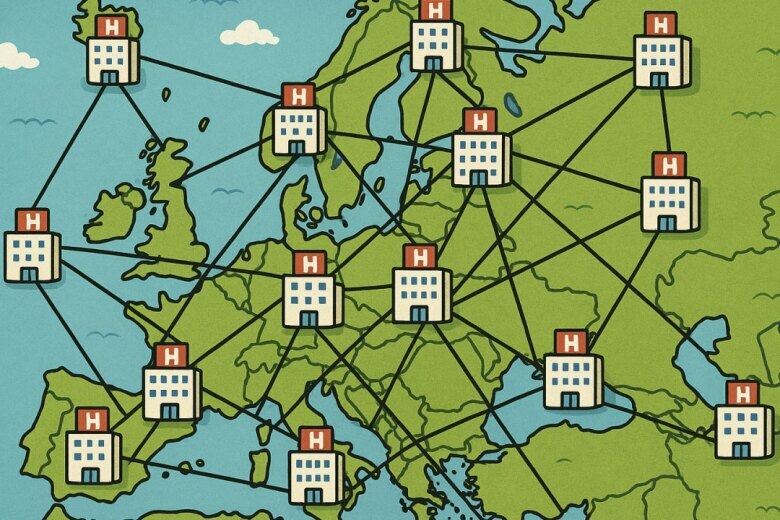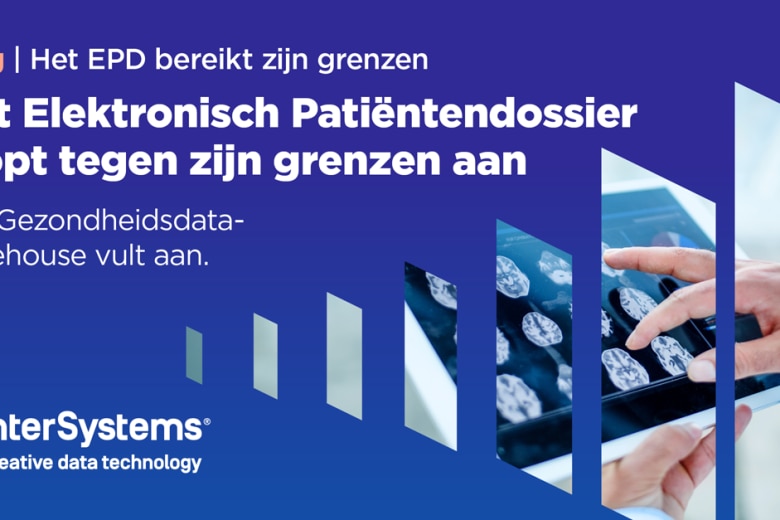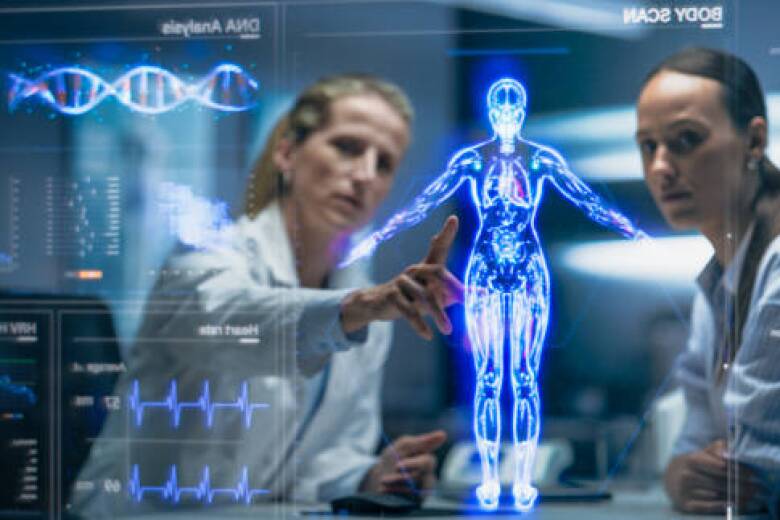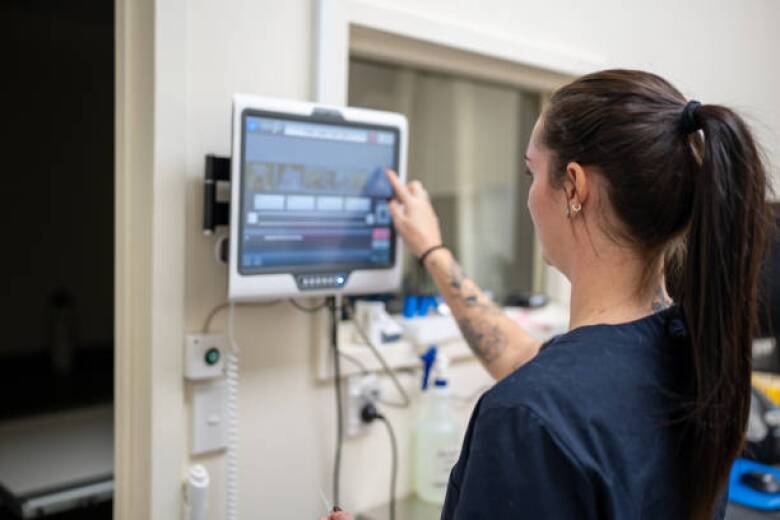We are pleased to conclude with you the last project of Hack Healthcare 2023, which marks the end of this series! WeCare2 aims to address patient records fragmentation and establish a healthcare landscape that seamlessly caters to the needs of patients.
The main challenge addressed by this project revolved around patient data fragmentation. The existing healthcare landscape grapples with a data disarray that results in an incomplete and disjointed view of patient information. Problems like inconsistent anamnesis, lack of interoperability, and inefficient healthcare practices contribute to the unsatisfying patient experience. Citizens seek autonomy and active involvement in their healthcare journey. Empowering patients becomes imperative, leading to superior clinical outcomes and cost reduction.
Empowering Patients for Better Clinical Outcomes
The core solution lies in empowering patients to become active agents in their healthcare journeys. By decentralising data storage and granting patients data ownership, consistent visualisation and interoperability can be achieved. This approach enhances patient engagement, reduces healthcare costs, improves quality of life, and enhances health literacy.
The proposed solution encompasses a timeline of the patient's journey, showcasing records, ongoing treatments, and future recommendations. This interactive visualisation ensures transparency and clarity of information, allowing annotations, hyperlinks, querying, filtering, and zoom capabilities to provide a comprehensive understanding of the patient's health status for patients and healthcare professionals alike.
Technological Advancements and Integration
The technological features of “WeCare2” encompass:
- A patient timeline spanning past, present, and future.
- An interactive decision tree visualisation.
- A uniform API for data access, promoting interoperability and standardisation.
- Searchable data points for operations, treatments, doctor visits, and medical images.
- Predefined Q&A for frequently asked questions about medical conditions and treatments.
Ecosystem, Partnerships and Business Model
At the heart of this innovative ecosystem lies the patient, surrounded by key partners including industry leaders in the medical and pharmaceutical sectors, the European Commission, healthcare providers, governmental agencies (e.g., e-health in Belgium), health insurance providers, and Electronic Patient Data (EPD) providers. At the same time, WeCare2's key propositions included: a patient journey overview, aggregate data for secondary use, and a complete and consistent medical history.
Target customer segments encompass patients, healthcare providers, sick funds, and the industry. Revenue streams are projected to derive from industry collaborations and EU funding (75%), sick funds (20%), and various patient-related avenues (5%).
To wrap it up
By addressing the longstanding issue of patient data fragmentation and fostering collaboration among healthcare stakeholders; the WeCare2 project paved the way for a more unified, sustainable, and patient-centric healthcare ecosystem. It represents a milestone in our journey towards a brighter and healthier future for all of us.
Unveiling the Collaborative Journey
Collaboration between InterSystems and Hack Belgium Labs has given rise to eight unique events, from workshops to the main hackathon – Hack Healthcare 2023. The workshops let us identify and comprehend the existing issues in the medical data systems in Belgium. At the same time, they provided us with challenges that we could have presented during the event, where the participants found solutions: Centralised Health Story Memory, One Patient One Health Care Record for Better Care, Patient Buddy, The Bee Project, and WeCare2.
Each of them aims to improve the patient healthcare experience differently. They looked at different aspects of problems with digitalisation in the medical ecosystem, analysed them and are working on providing the best solutions, by addressing the challenges in the right way.




































